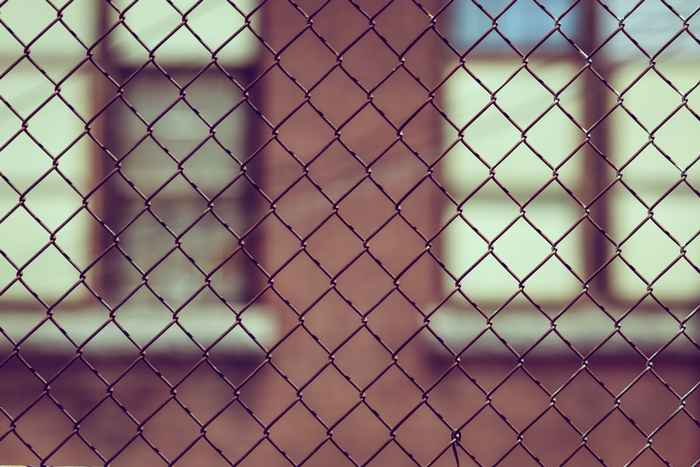Dr. Hadassa Noorda's latest publications on imprisonment, "exprisonment", and prison labor in the Netherlands
29 February 2024

Over the past year, ACCJ member and NIAS-Instituut Gak Fellow, Dr. Hadassa Noorda has published three pieces related to her research on imprisonment, prison labor, and the concept of "exprisonment" - a term Dr. Noorda coined to refer to "restrictions on individual liberty outside of prison or jail".
Her most recent publications appeared in Criminal Law and Philosophy, Criminal Justice Ethics, and Criminal Justice Theory Blog. In her article "Exprisonment: Deprivation of Liberty on the Street and at Home" (2023) she further develops the concept of exprisonment. In "Imprisonment" (2023) she argues that "what matters, in deciding what legal safeguards individuals should have against what kinds of state imposition, is how severely a measure impacts on the normal life of those subjected to it." Moreover, in her blogpost on "Prisoners' Pay and Options for Work", Dr. Noorda critically analyses the voluntary work scheme recently adopted in Dutch prisons, and advances the argument that "although work in Dutch prisons is to some extent voluntary, the legal status of captive workers is far removed from that of regular employees, as they work for low pay and have no right to meaningful work options".
An article building upon this latest blogpost and the broader issues of prison labor in the Netherlands is set to be published sometime this Spring.